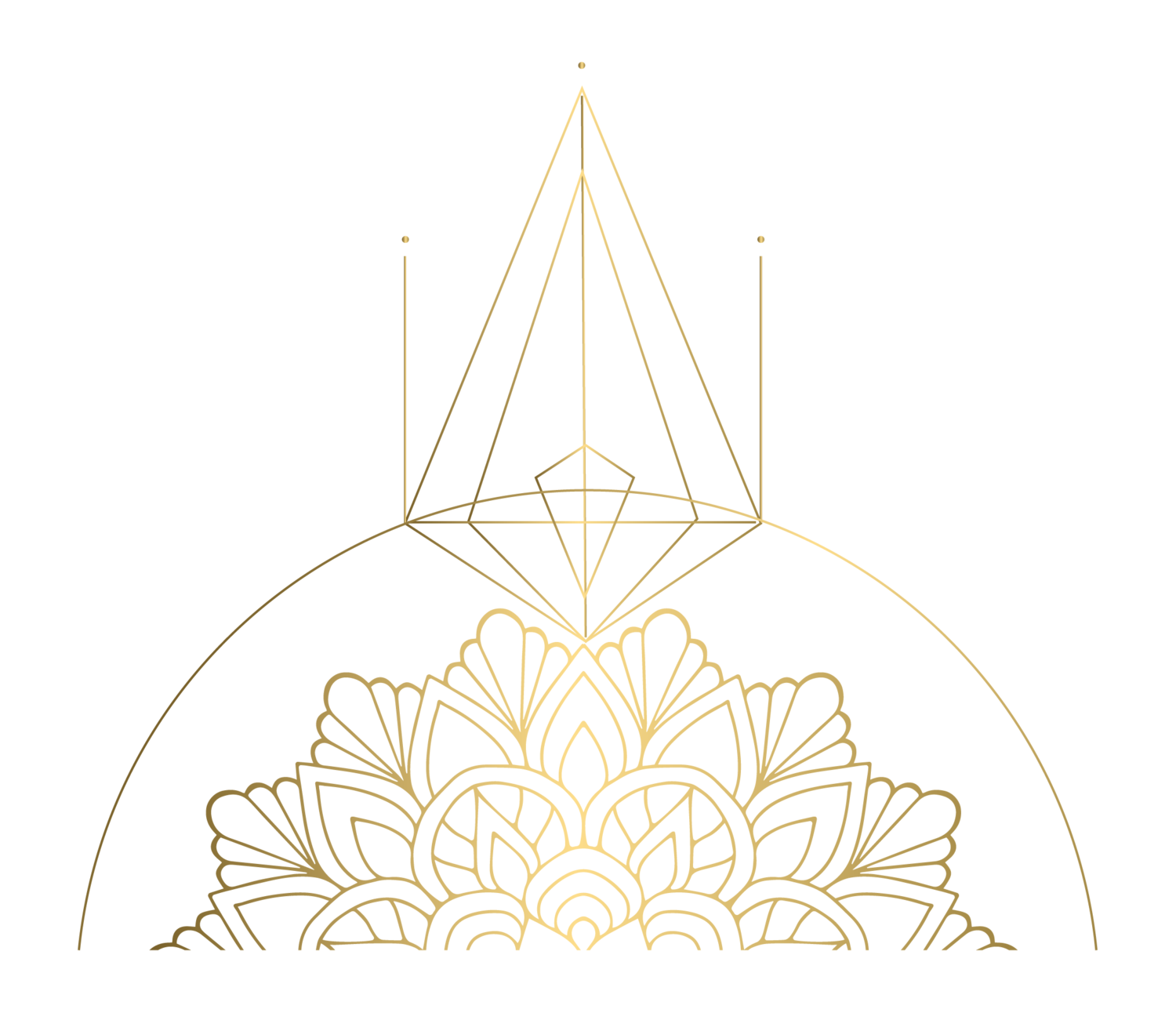As someone who’s been on a spiritual path for the last 10 years I’ve worked with many spiritual healers of different varieties driven by my need to understand, learn and grow both personally and professionally.
In my current synthesis of these experiences I can say that there’s a very fine line of spiritualism and mental illness. Sometimes, people in the spiritual domain will mask their unaddressed mental illnesses/delusions with concepts of spiritualism and that is NOT a path you want to walk.
There are also many quadrants in which intense codependency is masked as “unity consciousness”, as a boundary-less, martyring, serving virtues which are much less than that.
I’ll give you an example: I once worked with a shaman for many years who I’d only worked with because I saw results from working with her- meaning, this wasn’t just some faith based healing, but empirical result driven reasoning. I put up with her lack of boundaries- she was constantly preaching how we are “one” and how we cannot have boundaries- but what this did was serve her in a strange way in the long run, because I felt, as her client as time went on, that I wasn’t allowed to have boundaries with her for fear of being “bad” or “less spiritual”. What this was was not just lack of professionalism, but truly high level covert narcissism masked as “I’m so good, I’m always in a position of selfless serving and that is spiritual which should be your value system too. I have less boundaries because I am more spiritually developed than you,” but what I found was it was actually entitlement upon deeper examination. It pulled you into this nebulous framework of guilt. She also had VERY strange assertions that were unchecked- granted, she did have some very good intuitive insights, but it was mixed in with these outlandish claims in which she herself couldn’t distill truth from insanity.
I used to also book a certain service, but when she’d arrive at my home she’d not only go HOURS over just lecturing me, but also NOT give me the service that I booked because her “intuition” told her to give me something else “I needed” without my consent. At the time I thought, oh I should be grateful she’s being so generous with her time, but I realize upon retrospect that it was again, a high level narcissistic behavior in which this person would just monologue because they needed to be listened to. None of the advice I asked for, none of it helpful, all of it was taking up hours of my time. When I tried to speak she’d cut me off- just to monologue again. In retrospect, it was so out of bounds, so unprofessional, and yet she was highly regarded.
She wasn’t the only one who did this- there were other healers who oddly would make my sessions about themselves- also monologuing for hours.
This field is one in which people who are drawn to it or gifted in some way, most likely had a traumatic past which created in them a strong impetus (and strong gifts) to help others. But it’s one where you HAVE to be discerning enough to choose people who not only can 1. help you, 2. have healed and are operating out of a healthy place that HAS boundaries and is respectful of the human life we live.
What I mean by this is, Okay- I’m aware there’s a spiritual concept of “one-ness” and “unity consciousness” wherein when we die we return to a more massive consciousness and realize we are part of everything. I know people have these spiritual experiences either induced or accidental- but the fact is, we are human beings and we need to be respectful of this temporary state that we are in. We cannot deny that human beings are separate- we are separated by flesh, by place, by time. We are not, in this current form, limitless and infinite. When we die, sure, but we are not dead right now. Nor would it be healthy to bypass this human experience in the pursuit of purely spiritual desires that completely out of body because that’s avoidance.
So, the takeaway is, spirituality and healing, like all spaces can be a mixed bag. There are people with a lot of trauma and a unchecked mental illnesses/personality disorders that are harder to see when it is disguised as spiritual. That’s why there are so many spiritual cults and guru abuse- because energetic and spiritual abuse, narcissism and sociopathy are can easily be concealed. If you just think about it- there are a lot of weaponize-able spiritual beliefs, for instance:
the idea that everything you encounter has roots in some part of you- that it’s all mirrored
our experience is a simulation
If you’ve been in the spiritual field at all, you’ve 99% heard of one of these “doctrines”- these are perfectly convenient for abusive situations. For #1, if someone does harm to you, it’s a massive gaslight and a strategy of mental abuse to blame shift it onto the person who is victimized in the situation and say, oh, that’s because it’s reflecting something inside of you!!! You’re the bad guy!! I mean, this is nothing more than the narcissistic cheater who blame shifts to their innocent partner and blames them for cheating when they are the one cheating themselves or claiming that person is crazy for having these thoughts.
#2. This takes away the culpability of our actions. If we believe that we are not experiencing true reality, then we cannot empathize properly with another person because they are but a “character” in our video game that we can choose to maneuver however we want. If we believe that everything is a simulation, then nothing can have the weight of intentionality and accountability. This is a sociopathic set up.
